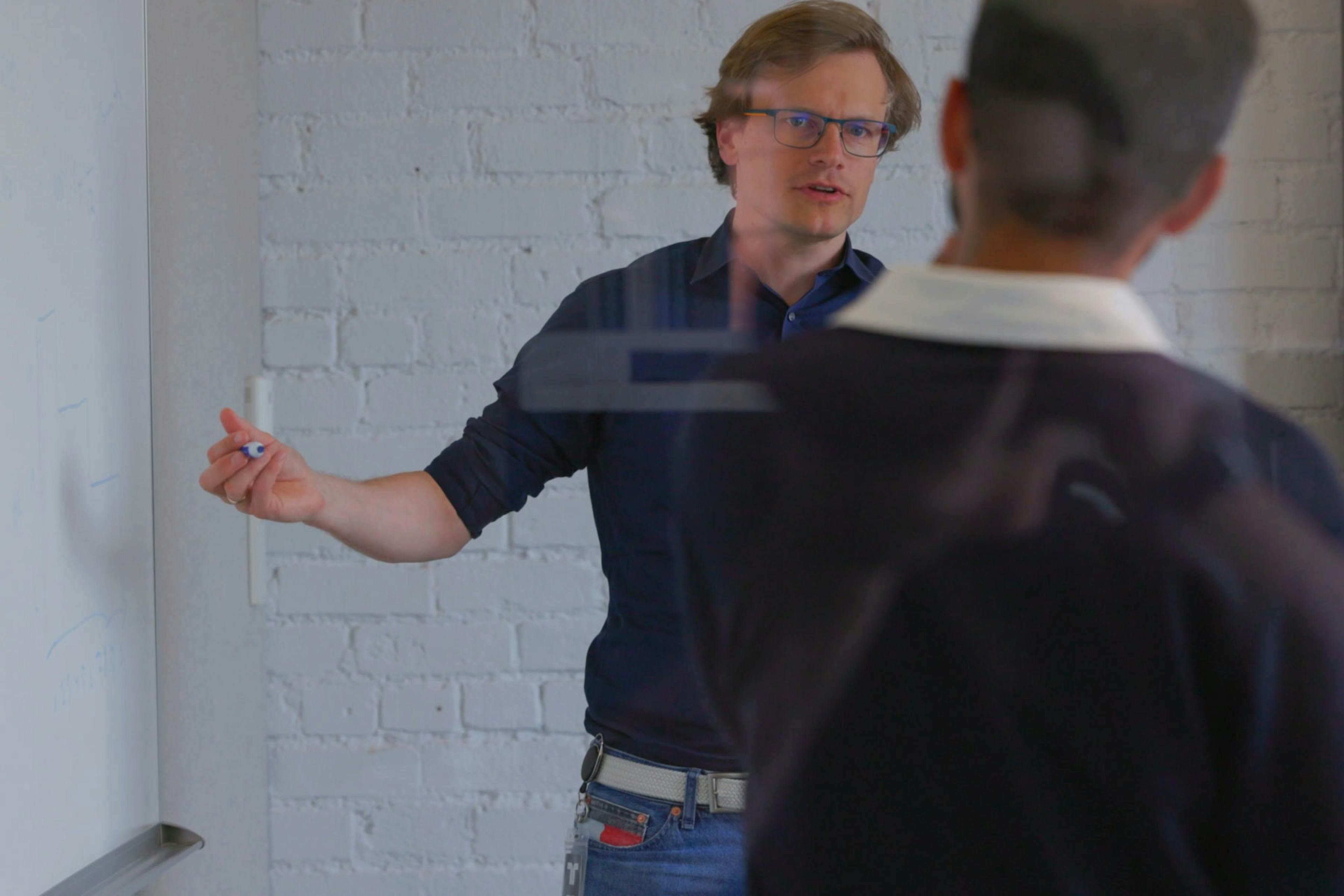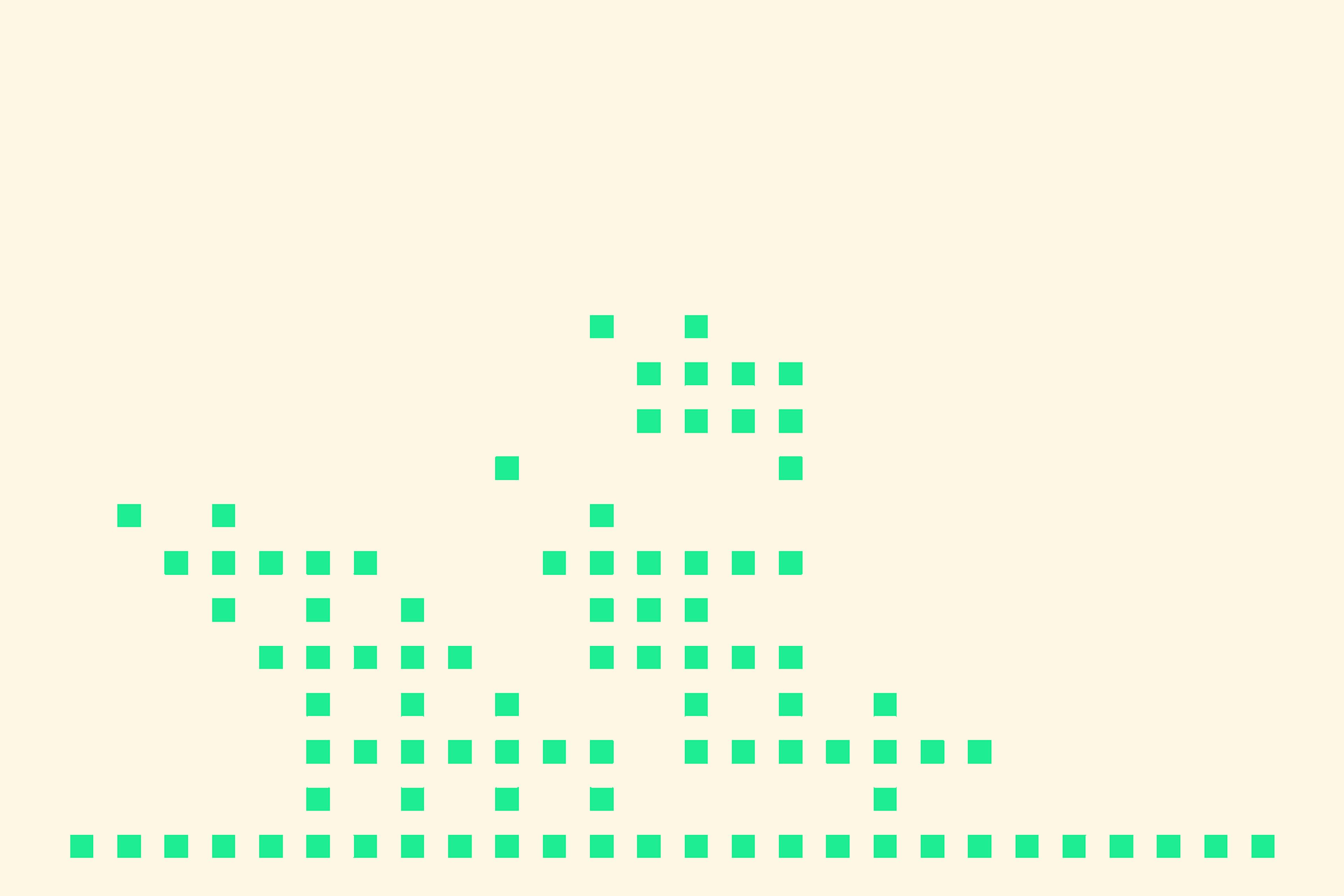
Agenci AI mogą odblokować produktywność, kreatywność i rozwiązywanie problemów na skali wcześniej niespotykanej.
Wprowadzają również znaczące nowe wyzwanie: zapewnienie zaufania, sprawiedliwości i odpowiedzialności w świecie coraz bardziej wpływanym przez sztuczną inteligencję.
W tym artykule przyjrzymy się z wysokiego poziomu, czym są agenci AI, jak prawdopodobnie będą wykorzystywani w najbliższej przyszłości i jak narzędzia takie jak proof of human mogą pomóc w łagodzeniu potencjalnych ryzyk związanych z ich rozwinięciem.
Czym są agenci AI?
Agenci AI to autonomiczne systemy zdolne do wykonywania wysoce złożonych zadań, w tym rozumowania, planowania, adaptacji, używania narzędzi i korygowania błędów, wszystko na własną rękę.
W przeciwieństwie do zautomatyzowanych botów zaprojektowanych do wykonywania wąskich, zdefiniowanych zadań, które stały się powszechne w 2024 roku, agenci AI są w stanie działać autonomicznie, aby wykonywać złożone, niezależne działania. Są gotowi przekształcić sposób, w jaki żyjemy, pracujemy i interakcjonujemy online.
„Agenci to temat, o którym wszyscy mówią, i myślę, że nie bez powodu,” powiedział Sam Altman, dyrektor generalny OpenAI i współtwórca world network na New York Times DealBook Summit w grudzień 2024.
„To pomysł, że można dać systemowi AI dość skomplikowane zadanie… które zajmuje trochę czasu, i użyć wielu narzędzi, aby stworzyć coś, co ma wartość. To jest coś, czego spodziewałbym się w przyszłym roku, i to jest ogromna sprawa. Jeśli to zadziała tak dobrze, jak mamy nadzieję, to może naprawdę przekształcić rzeczy.”
Zbadamy potencjalne zastosowania agentów AI poniżej.
Jak będą używani agenci AI?
Chociaż nikt nie może dokładnie powiedzieć, jak wpływowi będą agenci AI, lista ich potencjalnych zastosowań jest obszerna. Agenci mogą pomóc we wszystkim, od rozwiązywania złożonych problemów z kodowaniem i zadań obsługi klienta po cyberbezpieczeństwo, handel kryptowalutami i wiele więcej.
Wyobraź sobie osobistego asystenta podróży, który nie tylko bada i rezerwuje podróże dla Ciebie, ale także uczy się i dostosowuje do Twoich preferencji podróżnych, proaktywnie rezerwuje ponownie odwołane loty i opóźnienia, integruje się z innymi aplikacjami podróżniczymi, aby zorganizować pobyt w hotelu i planować trasy, itp.—wszystko samodzielnie.
Firmy takie jak Meta już planują wprowadzenie takich autonomicznych agentów na swoich platformach społecznościowych, takich jak Facebook i Instagram, aby tworzyć profile, wchodzić w interakcje z ludźmi i ogólnie uzupełniać (lub zastępować) konta ludzkie:
„Oczekujemy, że te AI będą z czasem faktycznie obecne na naszych platformach, w pewien sposób tak, jak konta,” powiedział Connor Hayes, wiceprezes ds. produktu dla generatywnej sztucznej inteligencji w Meta, w wywiadzie dla Financial Times w grudniu. „Będą mieć biografie i zdjęcia profilowe oraz będą w stanie generować i udostępniać treści za pomocą AI na platformie... tam widzimy, że to wszystko zmierza.”
Tak dalekosiężne potencjalne zastosowania, w połączeniu z szybkim rozwojem AI, oznaczają, że agenci mogą być destrukcyjni w sposób trudny do przewidzenia. Poniżej przyjrzymy się, jak nowa technologia zwana proof of human może pomóc w łagodzeniu ich możliwych ryzyk.
Agenci AI i dowód człowieczeństwa
Proof of human (PoH) to proces zasilany przez nowoczesną technologię, który pozwala jednostkom anonimowo weryfikować swoją ludzką i unikalną tożsamość online. Zapewnia warstwę bazową, na której można zbudować cyfrową tożsamość, ale nie jest cyfrową tożsamością. Pomyśl o tym jak o cyfrowym „niebieskim haczyku”, który uwierzytelnia konto lub działanie online jako należące do anonimowego zweryfikowanego człowieka.
Bardziej szczegółowe wyjaśnienie proof of human można znaleźć tutaj.
PoH umożliwia następujące korzyści w odniesieniu do agentów AI:
Zaufanie
Dając ludziom sposób na cyfrowe uwierzytelnienie ich człowieczeństwa, PoH nie tylko ułatwi odróżnienie ludzi od zaawansowanych agentów AI online, ale także zapewni mechanizm ograniczania kont tworzonych — i potencjalnego rozpowszechniania dezinformacji — przez AI.
Kontrola
W miarę jak ich liczba rośnie, przewiduje się, że agenci AI będą współpracować w tym, co nazywane jest rojami agentów lub sieciami. Dzięki PoH takie sieci będą mogły być nadzorowane przez zweryfikowanego człowieka, co zapewni, że osoba będzie mogła zachować kontrolę nad swoimi agentami.
Sprawiedliwość
W miarę jak agenci AI, tacy jak arbitrażyści MEV (maksymalna wartość wydobywana), stają się bardziej zdolni, dla ludzi będzie coraz trudniej i/lub drożej konkurować o miejsce na blokach w blockchainach. Jest to szczególnie istotne dla traderów kryptowalut.
PoH umożliwia rozwiązania takie jak priorytetowe przestrzenie blokowe dla ludzi (PBH), gdzie transakcje od zweryfikowanych ludzi mają priorytet nad tymi od agentów lub innych botów. PBH jest już wdrażane na World Chain.
Patrząc w przyszłość
Powyżej przedstawiono tylko niektóre z potencjalnych korzyści, jakie rozwiązania PoH, takie jak World ID, mogą zapewnić w świecie z agentami AI i sieciami agentów.
W miarę jak agenci AI się rozwijają, proof of human prawdopodobnie stanie się kamieniem węgielnym dla umożliwienia etycznego i skalowalnego AI, zapewniając, że ludzie pozostaną twórcami w świecie coraz bardziej kształtowanym przez inteligentne maszyny.
Aby dowiedzieć się więcej o agentach AI i proof of human, odwiedź stronę World, dołącz do codziennych rozmów na Twitterze/X, WhatsApp, Discord, YouTube, Telegram i LinkedIn, lub zapisz się na newsletter bloga na dole tej strony.
Dodatkowe ważne informacje są dostępne w whitepaperze protokołu World.
Zastrzeżenie
Powyższa treść obowiązuje wyłącznie we wskazanym czasie. Ponadto informacje te obarczone są ryzykiem, niepewnością i podlegają założeniom, przez co mogą być błędne i mogą ulec zmianie bez powiadomienia. Pełną treść zastrzeżenia można znaleźć w naszych Warunkach Użytkowania, a Ważne Informacje dla Użytkowników można znaleźć na naszej stronie Ryzyko.


